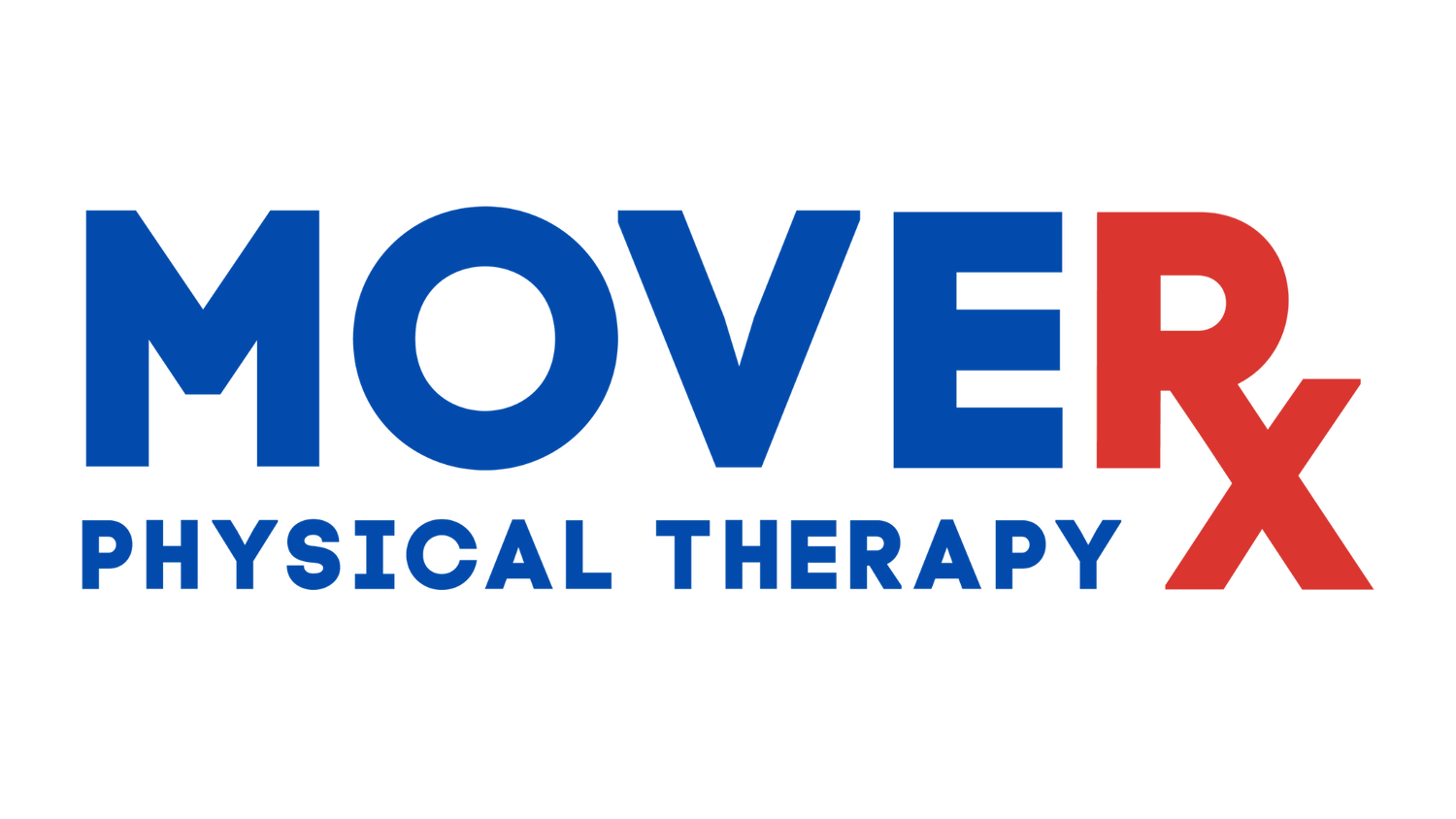Move Rx’s Physical Therapy Guide to Carpal Tunnel Syndrome
Carpal tunnel syndrome (CTS) is a common condition that causes pain, numbness, and weakness in the wrist and hand. CTS can affect the use of the entire arm. It is caused by pressure on the nerve at the base of the palm (median nerve). Because of the constant demands people place on their hands and wrists, surgery may be needed when symptoms are severe.
For many people with CTS, however, physical therapy treatment can relieve pain and numbness. It often can help restore normal hand, wrist, and arm use without the need for surgery. According to a new study, choosing physical therapy to treat CTS outperforms surgery and is cost-effective.
At Move RX in Lafayette, our physical therapists are movement experts dedicated to improving your quality of life through hands-on care, patient education, and prescribed movement. If you’re experiencing symptoms of CTS, our team is here to help.
What Is Carpal Tunnel Syndrome?
The carpal tunnel is a narrow passageway on the palm side of your wrist. The tunnel protects the median nerve and the tendons that bend your fingers. When the tunnel narrows due to injury or other conditions, or the tendons and nerves in the tunnel swell and take up more space, pressure on the nerve increases. This pressure can cause pain, weakness, and numbness in the wrist and hand, affecting your daily activities and quality of life.
Also Read:
Physical Therapy for Knee Ligament Injuries in Lafayette, LA
How do I Fix my Overhead Mobility?
Extreme wrist positions and repeated finger use with a lot of force or vibration can contribute to CTS. Professions that involve assembly-line work, the use of hand tools, or prolonged keyboard use are particularly susceptible. Additionally, activities like sewing, video gaming, and playing musical instruments can also lead to CTS.
Common health conditions that may contribute to CTS include:
Inflammation and swelling of the tendons of the wrist
Injuries to the wrist (strain, sprain, dislocation, fracture)
Hormone or metabolic changes (pregnancy, menopause, thyroid imbalance)
Fluid retention
Diabetes
Medications (such as steroids or chemotherapy)
Degenerative and rheumatoid arthritis
Signs and Symptoms of Carpal Tunnel Syndrome
CTS usually starts gradually. Many people report waking up with numbness, tingling, or burning in their thumb, index, and middle fingers.
Symptoms often worsen during activities that involve grasping heavy objects, using a computer, or holding a cell phone. If left untreated, CTS can lead to hand weakness and constant numbness, causing you to drop objects unexpectedly.
How Is It Diagnosed?
At Move RX in Lafayette, our physical therapists work together with other health care providers to accurately diagnose and treat CTS. A thorough evaluation will be conducted to determine all the factors contributing to your condition. This evaluation includes questions about your health history, the nature of your symptoms, and any relevant work or recreational activities.
The physical exam will observe the region of your symptoms and any movements or positions that cause pain. Several tests may be used to help diagnose or rule out CTS, including:
Examination of the neck, shoulder, and arm to rule out other conditions
Grip strength test of your fingers and thumb
Sensory tests
Wrist and hand range-of-motion tests
Wrist flexion (Phalen) test
Tinel's Sign test
Electrical and nerve studies
X-rays if needed
How Can Move RX Help?
At Move RX, we develop personalized treatment plans based on your specific case. For early-stage CTS, conservative care is recommended as a first step. Physical therapy can effectively reduce your symptoms and help you return to your everyday activities.
Conservative Care and Prevention Our approach includes:
Patient education: Teaching you ways to improve your condition and prevent it from worsening, such as changing wrist positions, maintaining proper posture, and taking stretch breaks during work.
Stretching exercises: Gentle stretching exercises to improve wrist, hand, and finger flexibility.
Strengthening exercises: Exercises to strengthen muscles and improve posture, as well as targeted exercises for the hand, wrist, and forearm.
Splinting: Recommending the use of a splint at night to reduce discomfort.
Cold and heat treatments: Using cold or heat treatments to relieve pain.
We also offer work site assessments to ensure proper alignment of your workstation and tools, and recommend modifications to reduce strain on your hands and wrists.
Physical Therapy Before and After Surgery If your CTS is more severe, we may refer you to a surgeon. Post-surgery, physical therapy at Move RX is crucial to prevent scar tissue formation, restore wrist strength, and change habits that may have led to symptoms. Our post-surgery program includes:
Scar management to keep the skin supple and flexible
Nerve gliding exercises
Stretching and strengthening exercises
Education on proper posture and wrist position
Work site visits to ensure proper workstation setup
Can This Condition Be Prevented?
While there is no single proven strategy for preventing CTS, there are effective ways to reduce stress on your hands and wrists:
Improve your posture to prevent strain on the wrists and hands.
Take frequent breaks during repetitive activities.
Reduce force when using your hands and relax your grip.
Maintain a neutral wrist position during lengthy tasks.
Make work-area adjustments to avoid unnecessary strain.
Keep your hands warm to prevent pain and stiffness.
Maintain good health to control diseases and conditions that may lead to CTS.
Why Choose Move RX?
At Move RX in Lafayette, we specialize in treating a variety of conditions, including CTS. Our experienced physical therapists in Lafayette are dedicated to helping you reduce symptoms and improve your quality of life. Contact us today for a personalized evaluation and start your journey towards better hand and wrist health.
Contact Move RX in Lafayette to schedule an appointment and take the first step towards relief from carpal tunnel syndrome. Our team is here to help you regain your strength and function, allowing you to return to your normal activities without pain.

